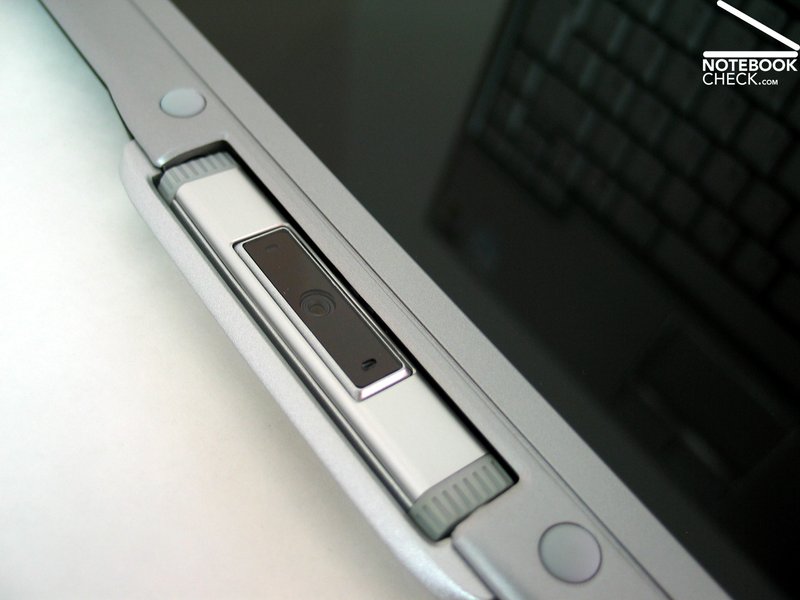

- #Sigmatel audio 5.10.5205.0 portable#
- #Sigmatel audio 5.10.5205.0 Pc#
- #Sigmatel audio 5.10.5205.0 tv#
Consequently, all of Actions' current and future products may be imported into the U.S. Both companies also agreed not to pursue possible third-party IP infringements or new legal action against each other and their respective customers for three years. SigmaTel settled all patent litigation and in 2007 entered into a cross-licensing agreement with the Zhuhai, China-based Actions Semiconductor Co. border for intellectual property infringement. customs physically destroyed Actions Semiconductor products at the U.S. International Trade Commission when the STMP35xx principal firmware engineer documented how SigmaTel firmware uses its dynamic voltage and frequency scaling related patents, U.S.
#Sigmatel audio 5.10.5205.0 portable#
Freescale integrated analog IP from SigmaTel into its competing product lines and continues to pursue component and Real Time OS device driver-based support for OEM's rather than the complete hardware and software turnkey system design approach of the successful SigmaTel startup that powered hundreds of millions of portable media players enjoyed by many users.Īfter winning MP3 player integrated circuit patent infringement suits at the U.S. A ' skeleton crew' was chosen to stay and support existing OEM customers that are using the existing chips until the chips enter their 'End Of Life' phase. No new products under the SigmaTel design teams will be created. On February 25, 2009, Freescale laid off 70% of the former SigmaTel team as part of a company-wide reduction in force. Freescale's i.MX2 ARM9 and i.MX3 ARM11-based multimedia SoC product line (especially analog SoC features) have been integrated with the STMP3xxx product line, resulting in a stronger portable multimedia product portfolio. Product info was on Freescale's ARM-based controller site. The agreement closed in the second quarter of 2008 and all SGTL shares were purchased by Freescale for $3 each.įreescale continued developing and selling the STMP3 portable AV SoC product line, which are ARM9-based STMP37xx and STMP36xx AV SoCs, and the DSP56k-based STMP35xx portable AV SoC. On February 4, 2008, Freescale Semiconductor announced that it had entered into a definitive agreement to acquire SigmaTel for $110 million. Over 150 models of MP3/WMA players used SigmaTel SDK3.1 and the STMP35xx SoC with its MS DRM10 capabilities. After the SGTL IPO in 2003, Austin's other biggest IPO was the later spinoff of Freescale Semiconductor by Motorola Corporation.

Its peak share price was $45 and its day one IPO max share price was around $18. SigmaTel's equity traded as low as $100 million below book value. Kodak all-in-one printers also use SigmaTel IC's. Some SigmaTel microcontrollers, like STDC982G, are used in printers manufactured by Samsung and sold under the Xerox brand. In mid-2007 SigmaTel introduced portable QVGA 320×240 portable video decoder, and support for higher resolutions using WMV and MPEG4 followed.

SigmaTel later introduced SGTV5900, which is anticipated to supplant the SGTV5800.
#Sigmatel audio 5.10.5205.0 tv#
Sales of the SGTV5800 TV audio solution, which can be used in analog, digital and hybrid televisions, have been ramping up. SigmaTel also won a spot in Samsung televisions.
#Sigmatel audio 5.10.5205.0 Pc#
(IDT) announced its acquisition of SigmaTel, Inc.'s AC'97 and High Definition Audio (HD-Audio) PC and Notebook audio codec product lines for approximately $72 million in cash, and the acquisition of SigmaTel's intellectual property and employee teams necessary for continuing existing product roadmap, with expected closure by the end of July. On July 25, 2006, Integrated Device Technology, Inc. In July 2005, SigmaTel acquired the rights to different software technologies sold by Digital Networks North America (a subsidiary of D&M Holdings, and owner of Rio Audio). SigmaTel was voted "Best Place to Work in Austin 2005" by the Austin Chronicle. PortalPlayer was the largest competitor, but were bought by Nvidia after PortalPlayer's chips lost their socket in the iPod. However, SigmaTel lost its last iPod socket in 2006 when it was not found in the next-generation iPod Shuffle. In 2004, SigmaTel SoCs were found in over 70% of all flash memory based MP3 devices sold in the global market.


 0 kommentar(er)
0 kommentar(er)
